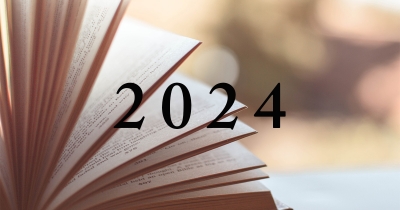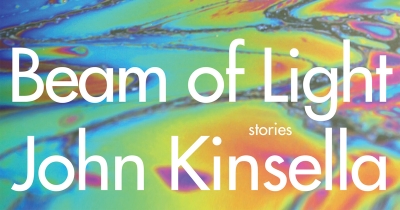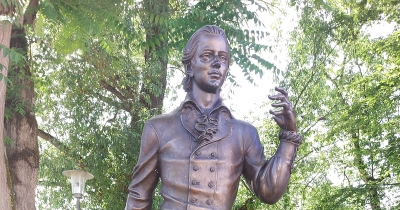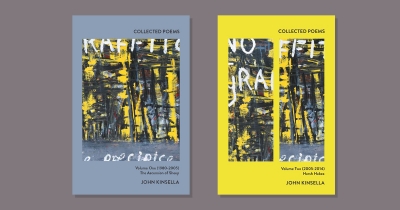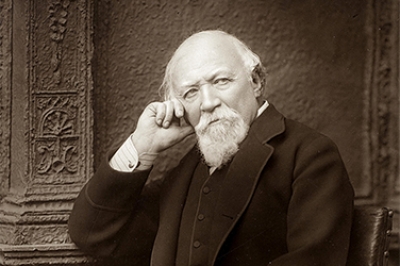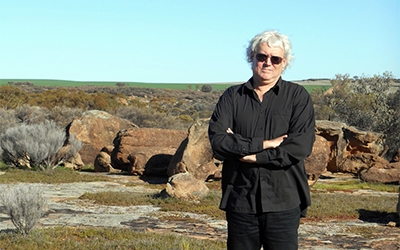John Kinsella
And as five zones th’ aetherial regions bind,
Five, correspondent, are to Earth assign’d:
The sun with rays, directly darting down,
Fires all beneath, and fries the middle zone:
The two beneath the distant poles, complain
Of endless winter, and perpetual rain.
Betwixt th’ extreams, two happier climates hold
The temper that partakes of hot, and cold.
Ovid via John Dryden*
... (read more)'Apotheoses and the Hölderlin Monument, Old Botanical Gardens, Tübingen', a new poem by John Kinsella.
... (read more)Collected Poems by John Kinsella & Collected Poems by John Kinsella
‘Lyrical Unification in Gambier’ a poem by John Kinsella
... (read more)This place we live is termed ‘rural’ / or ‘countryside’ by arrangement / with or of the planters of grains, / the breeders of animals for / slaughter, by conservative vote.
... (read more)John Kinsella is the author of over forty books. His most recent publications include the novel Lucida Intervalla (UWA Publishing 2018), Open Door (UWA Publishing, 2018), and Supervivid Depastoralism (Vagabond, 2021). His poetry collections have won a variety of awards, including the Prime Minister’s Literary Award for Poetry and the Christopher Brennan Award for Poetry. His volumes of stories include Crow’s Breath (Transit Lounge, 2015), Anarchy in the Avon Valley (Liverpool University Press, 2010) and Polysituatedness (Manchester University Press, 2017). He is a Fellow of Churchill College, Cambridge University, and Professor of Literature and Environment at Curtin University. With Tracy Ryan he is the co-editor of The Fremantle Press Anthology of Western Australian Poetry (2017). He lives with his family in the Western Australian wheatbelt.
... (read more)
